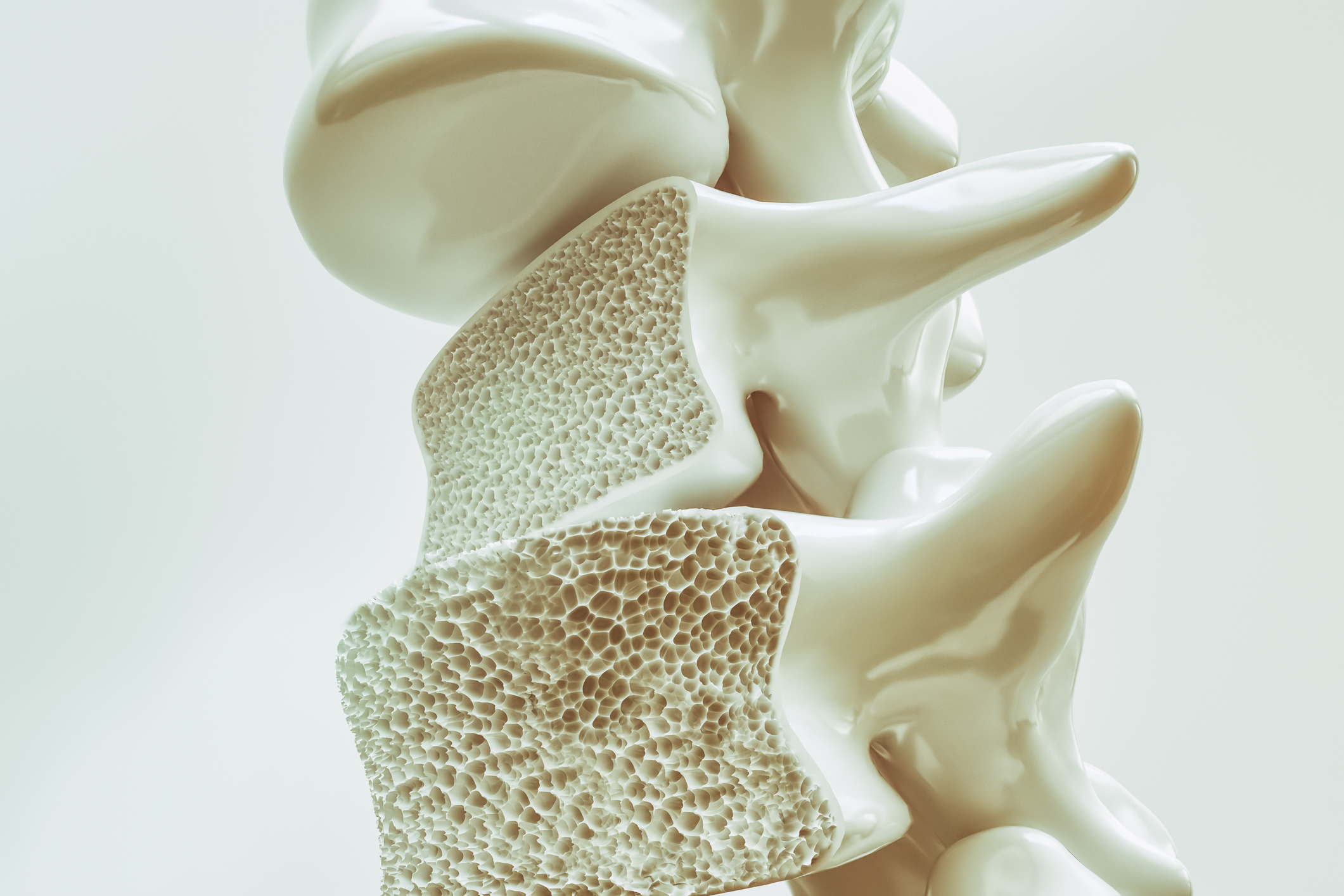
 The Bone Density Solution The Bone Density Solution By Shelly Manning As stated earlier, it is an eBook that discusses natural ways to help your osteoporosis. Once you develop this problem, you might find it difficult to lead a normal life due to the inflammation and pain in your body.
The Bone Density Solution The Bone Density Solution By Shelly Manning As stated earlier, it is an eBook that discusses natural ways to help your osteoporosis. Once you develop this problem, you might find it difficult to lead a normal life due to the inflammation and pain in your body.
what causes osteoporosis
Osteoporosis is a condition characterized by the weakening of bones, making them more susceptible to fractures and breaks. Several factors can contribute to the development of osteoporosis. The primary causes include:
- Age:
- Aging is a natural risk factor for osteoporosis. As people age, bone density tends to decrease, and the risk of fractures increases.
- Hormonal Changes:
- Menopause: In women, the decline in estrogen levels during menopause accelerates bone loss. Estrogen plays a crucial role in maintaining bone density, and its reduction can contribute to osteoporosis.
- Low Testosterone: In men, a decline in testosterone levels with age can also contribute to bone loss.
- Gender:
- Women are generally at a higher risk of developing osteoporosis than men. This is primarily due to the hormonal changes associated with menopause.
- Genetics (Family History):
- A family history of osteoporosis can increase an individual’s risk. Genetic factors influence peak bone mass and bone density.
- Low Body Weight:
- Having a low body weight or a small frame is a risk factor for osteoporosis. Thin individuals may have less bone mass to draw from as they age.
- Nutritional Deficiencies:
- Inadequate intake of calcium and vitamin D, essential for bone health, can contribute to osteoporosis. Vitamin D is necessary for the absorption of calcium.
- Lifestyle Factors:
- Lack of Exercise: Physical inactivity can lead to a decrease in bone density. Weight-bearing exercises, such as walking or resistance training, are beneficial for bone health.
- Smoking: Smoking is associated with lower bone density and an increased risk of fractures.
- Excessive Alcohol Consumption: Heavy alcohol intake can interfere with the body’s ability to absorb calcium and impair bone formation.
- Medical Conditions and Medications:
- Certain medical conditions, such as rheumatoid arthritis, inflammatory bowel disease, and hormonal disorders, can contribute to bone loss.
- Some medications, including long-term use of glucocorticoids (corticosteroids) and certain anti-seizure medications, can increase the risk of osteoporosis.
- Endocrine Disorders:
- Disorders of the endocrine system, such as hyperthyroidism and Cushing’s syndrome, can affect bone health.
- Gastrointestinal Surgery or Conditions:
- Conditions that affect nutrient absorption in the gastrointestinal tract, such as celiac disease or gastric bypass surgery, can contribute to osteoporosis.
 The Bone Density Solution The Bone Density Solution By Shelly Manning As stated earlier, it is an eBook that discusses natural ways to help your osteoporosis. Once you develop this problem, you might find it difficult to lead a normal life due to the inflammation and pain in your body..
The Bone Density Solution The Bone Density Solution By Shelly Manning As stated earlier, it is an eBook that discusses natural ways to help your osteoporosis. Once you develop this problem, you might find it difficult to lead a normal life due to the inflammation and pain in your body..
Osteoporosis shot treatment
- Denosumab (Prolia):
- Denosumab is a monoclonal antibody that inhibits the activity of a protein involved in bone breakdown. It is given as an injection under the skin (subcutaneous) every six months.
- Teriparatide (Forteo):
- Teriparatide is a form of parathyroid hormone (PTH) that stimulates bone formation. It is administered as a daily subcutaneous injection.
- Abaloparatide (Tymlos):
- Abaloparatide is another medication that stimulates bone formation and is used in the treatment of osteoporosis. It is administered as a daily subcutaneous injection.
These medications are typically prescribed by healthcare professionals after a thorough assessment of an individual’s bone health, fracture risk, and overall health. Treatment decisions are often based on factors such as bone mineral density, previous fractures, and the presence of other medical conditions.
It’s crucial to discuss treatment options, including the choice of medication and mode of administration, with a healthcare provider. They can provide personalized recommendations based on an individual’s specific needs, health history, and preferences. Additionally, routine monitoring and follow-up are essential to assess the effectiveness of treatment and make any necessary adjustments.
If you or someone you know is considering treatment for osteoporosis, consult with a healthcare professional for a comprehensive evaluation and to discuss the most suitable treatment plan based on the latest medical guidelines and research.
Understanding and addressing these risk factors can play a crucial role in preventing or managing osteoporosis. If you have concerns about osteoporosis or its risk factors, it’s essential to discuss them with your healthcare provider. They can assess your individual risk, recommend appropriate diagnostic tests, and provide guidance on lifestyle modifications and potential medical interventions to manage or prevent the progression of osteoporosis.
 The Bone Density Solution The Bone Density Solution By Shelly Manning As stated earlier, it is an eBook that discusses natural ways to help your osteoporosis. Once you develop this problem, you might find it difficult to lead a normal life due to the inflammation and pain in your body.
The Bone Density Solution The Bone Density Solution By Shelly Manning As stated earlier, it is an eBook that discusses natural ways to help your osteoporosis. Once you develop this problem, you might find it difficult to lead a normal life due to the inflammation and pain in your body.